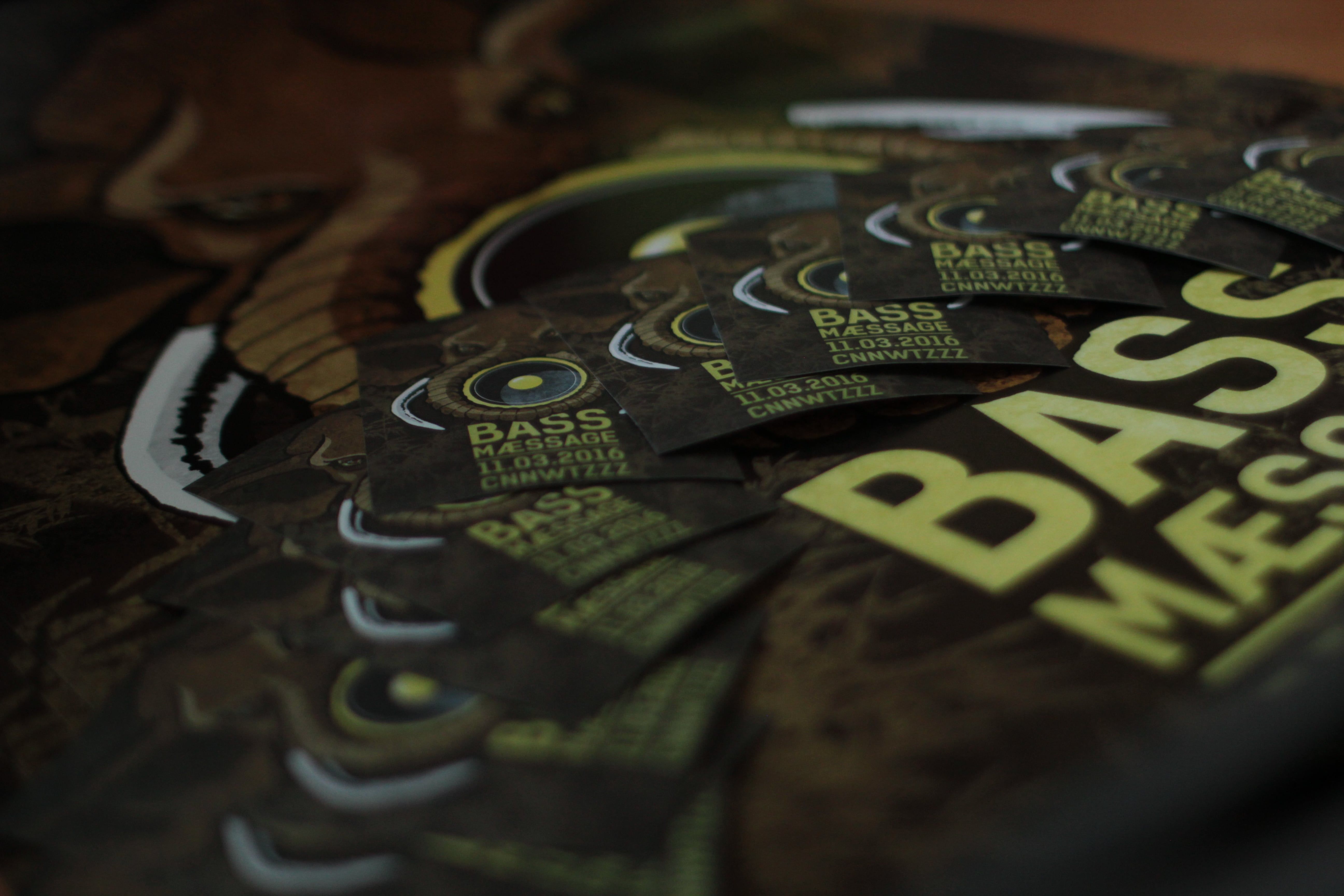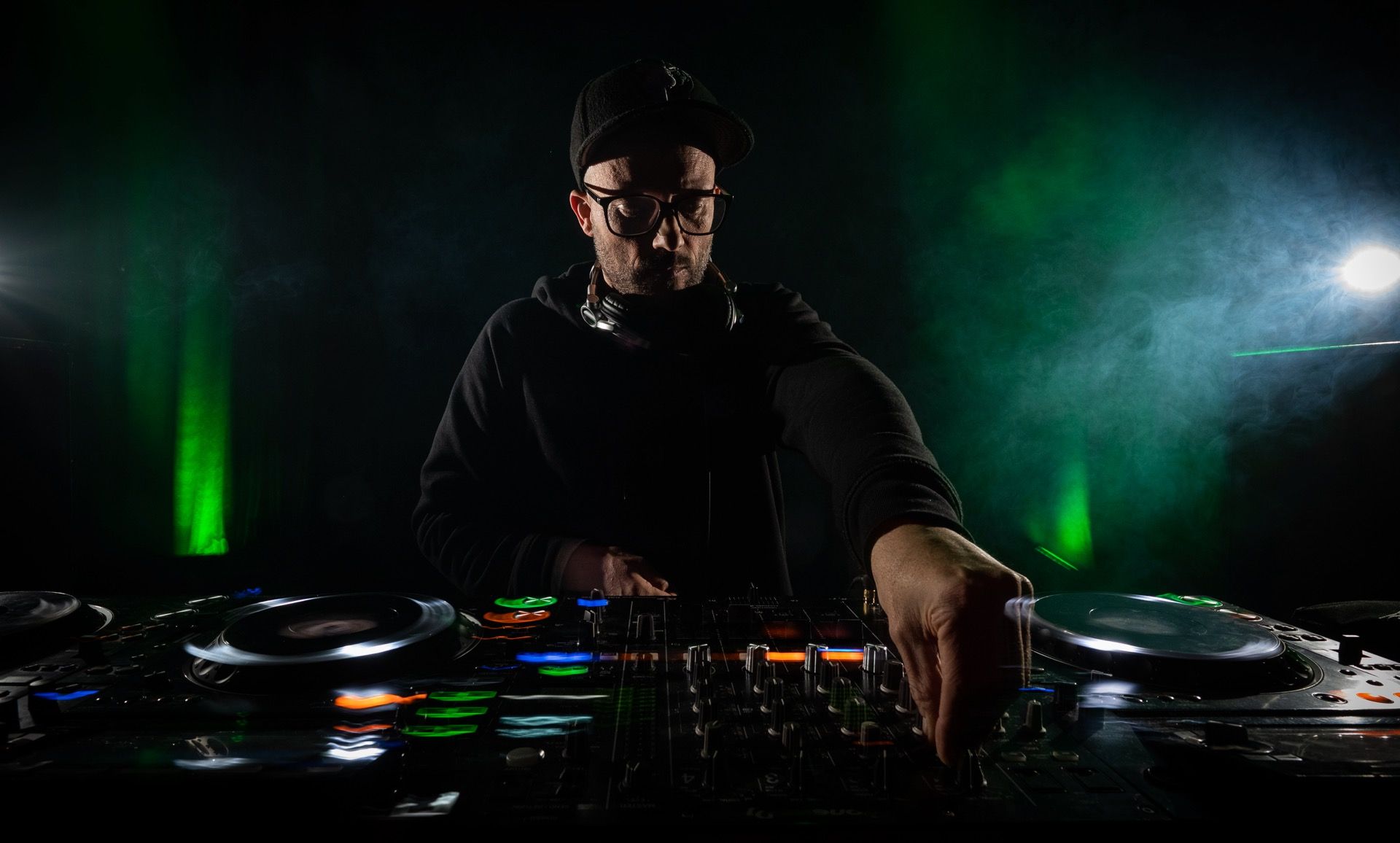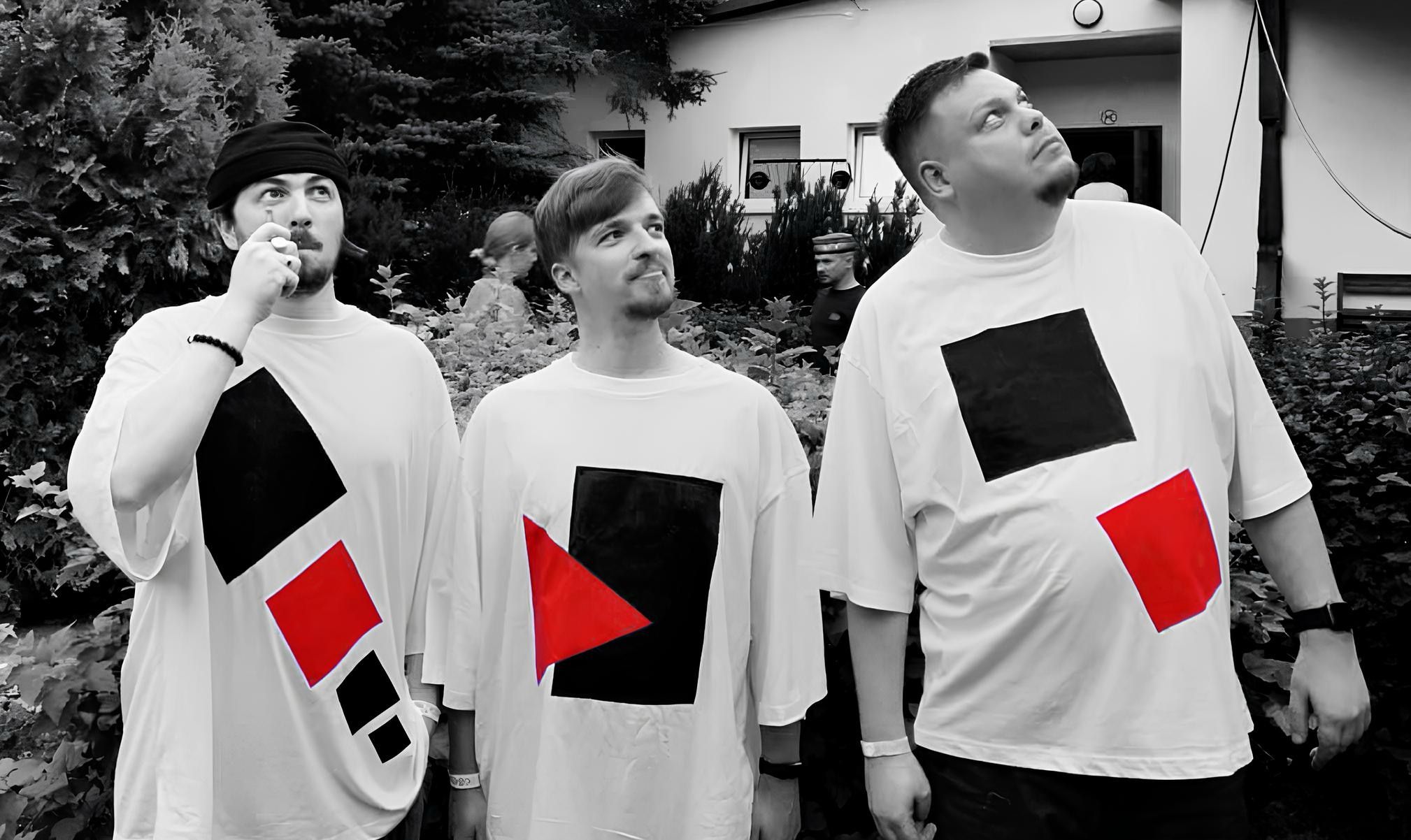Nadzeya Ilkevich: How to manage CreateCulture Space and not burn out
"Last time it took me nine dives to realize that I can do projects again"
A year ago, the Belarusian cultural platform CreateCulture Space was opened in Vilnius. The platform has hosted over 400 (!) events since and does not show signs of stopping. We talk with one of its founders Nadzeya Ilkevich about its inception, her experience of cultural management in the US and today's challenges for Belarusians.
Check out the full version of the talk plus the stories about the music Nadzeya chose for the podcast on soundcloud. The highlights of the audio-version include a very interesting story of the Belarusian/Ukrainian/American band Slavalachia executive produced by Nadzeya.
<iframe width="100%" height="166" scrolling="no" frameborder="no" allow="autoplay" src="https://w.soundcloud.com/player/?url=https%3A//api.soundcloud.com/tracks/1659473208&color=%23ff5500&auto_play=false&hide_related=false&show_comments=true&show_user=true&show_reposts=false&show_teaser=true"></iframe><div style="font-size: 10px; color: #cccccc;line-break: anywhere;word-break: normal;overflow: hidden;white-space: nowrap;text-overflow: ellipsis; font-family: Interstate,Lucida Grande,Lucida Sans Unicode,Lucida Sans,Garuda,Verdana,Tahoma,sans-serif;font-weight: 100;"><a href="https://soundcloud.com/radioplato" title="Radio Plato" target="_blank" style="color: #cccccc; text-decoration: none;">Radio Plato</a> · <a href="https://soundcloud.com/radioplato/radio-plato-editorial-podcast-114-w-nadzeya-ilkevich" title="Radio Plato - Editorial Podcast #114 w/ Nadzeya Ilkevich" target="_blank" style="color: #cccccc; text-decoration: none;">Radio Plato - Editorial Podcast #114 w/ Nadzeya Ilkevich</a></div><br>– Looking back a year ago, what would advise yourself before starting this cultural platform.
– I would tell myself to take it easy on the projects. Less is more. We've burned out twice with the amount of work we took on.
– What's the history of CreateCulture Space?
– I have been working on cultural projects before 2017 in Belarus, then I moved to the US for four years. During covid I realized I wanted to go back across the pond and start my own thing. Europe feels closer to home.
I found work in Prague, but because of covid it took about a year to get all the papers in order. Eventually I got to work in Prague for a while, but I still felt a bit out of place there. So I call up Tania (Tatsiana Shteinbuk, co-founder of CreateCulture Space – editor's note), who I had worked remotely with for 2,5 years and propose to start a thing in Vilnius. I was a bit of fish out of water in Prague and felt like I could do more for Belarusian culture than there at this job.
We sign the documents online and start an entity. By the way, we only met in person when I eventually arrived in Vilnius for this project, while we had been working together for a few years. We wanted to work on promoting Belarusian culture, just like in the good old days of Kastryčnickaja street in Minsk (an urban art city district with plenty of creative businesses – editors' note). Work towards experimentation and diversity. For us, Belarusian culture encompasses everything that Belarusians do, not just folklore and vyšyvanka.
– Why Vilnius though?
– Basically, it's two things. Firstly, Tania lives here. And secondly, Belarusians abroad are either of the two types: "I hate Vilnius" and "I hate Warsaw". I have lived in Lviv for almost 1,5 years and it feels like a small town where you can live the beautiful old downtown. And Vinius feels like the closest relative to that vibe.
– What are the activities that CreateCulture Space organizes?
– There are two types of events in the space itself. First of all, we organize events ourselves, for instance "Noč pravałaŭ", as well as projects and exhibitions that we initiate. We also hold partner events. Anyone can send contact us and put in a request.
<iframe width="560" height="515" src="https://www.youtube.com/embed/upq9cf2f7Xw?si=0L5UcV_SXndae1Yb" title="YouTube video player" frameborder="0" allow="accelerometer; autoplay; clipboard-write; encrypted-media; gyroscope; picture-in-picture; web-share" allowfullscreen></iframe><br>We hold film screenings "Nefiltravanae Kino”, watercolor painting workshops, restoration lectures, discussion clubs. Basically anything except numerology, esoteric stuff and "infopreneurship" opium peddlers. We held over 400 events within a year. Sometimes we have 30 per month. There are sometimes concurrent events in the studio and the main room.
– You need a great team, to manage that amount of work, don't you? How did you put together a team that can carry that?
– We have nine people at the moment. An event-manager, a PR person, an SMM specialist, Tania and myself. There's also space-managers responsible for community-building. Their job is not only to make you feel at home when you arrive, but also monthly feedback gathering, organizing community parties, and working with visitors. Eventually we also added a studio, which we needed a technical supervisor for.
I must mention, that CreateCulture Space is one of seven projects we manage. We want to start a music project on YouTube and shoot great videos for Belarusian musicians. We also have a "KinaKaliady48 challenge", "Prajektar" pitching project, a communities workshop, a workshop of good projects and an online course. Next year we will launch a startup creation lab. <br>
* * *<br>
- How did you get into the cultural sphere?
– I studied music. My first paid job was at the Gorky Theater, where I wrote music for the play “Careŭna-Žabka” (The Frog Princess) together with actor Vova Hłotaŭ. The director was Pavieł Charłančuk. I was 16 years old. The play was on for eight year with my score.
And then I ended up in youth center Fialta, where I worked on a project titled "Backstage". The idea was that a bunch of people with no prior theater experience are supposed to produce a play within a fortnight. I made connections with Belarusian theatres RTBD, Puppet Theatre, InZhest. The premiere took place on the small stage of the Belarusian Drama Theater. That was fun.
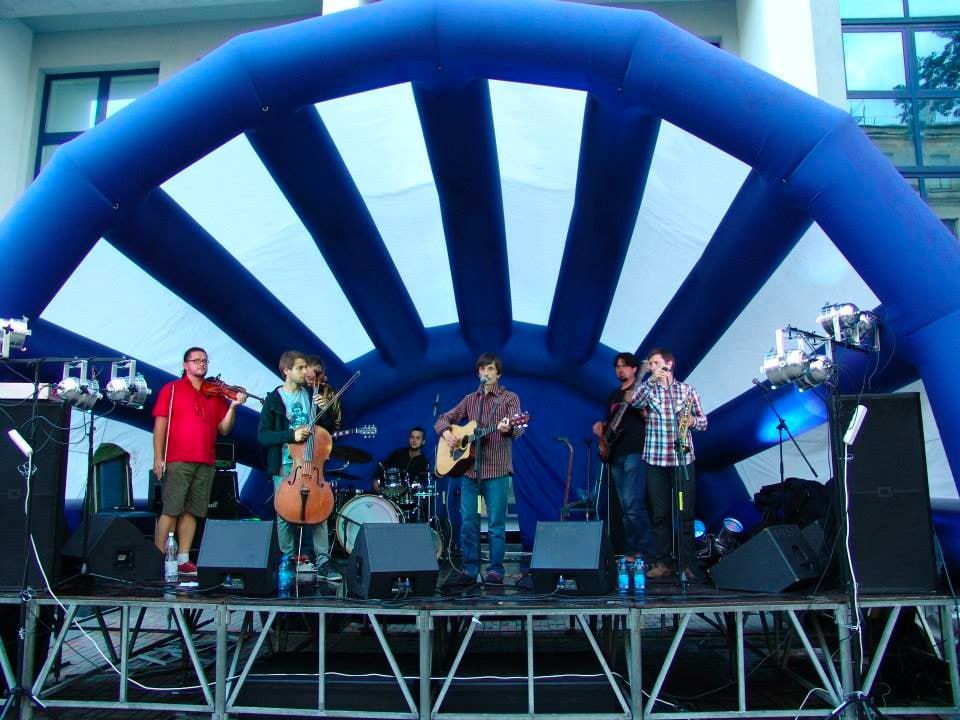
Then I worked at the Belarusian National Art Museum, where, by the way, I once got to troll the state system. The museum was supposed to host the exhibition called "Rulers and Magnates of the Grand Duchy of Lithuania. The collection from museums of Lviv, Volynia, Lutsk, Poland and Lithuania". I was supposed to do the PR for the exhibition. So I thought I could do a "Peoples' of Great Dutchy of Lithuania culture day", invite musicians from Poland, Ukraine, Lithuania and Belarus.
The performers were: the merry band Vołosi from Poland, Marjan Pyrih's Hycz Orkestr from Lviv, Aistė Smilgevičiūtė and the band Skylė from Lithuania, and Palac from Belarus. The festival was held in the courtyard of the National Art Museum. The opening ceremony was attended by the Lithuanian ambassador, people from the Minsk City Executive Committee, even Belarusian state TV channel “BT” was covering it. It was presented as a traditional holiday celebrated every year. Like a celebration of Great Dutchy of Lithuania that supposedly still exists and has its own holiday in the calendar. <br>
* * *<br>
– What was your experience in the US like? What were the things that left a lasting impression on you or changed you as a person?
– I used to joke about myself: from the most authoritarian country in Europe straight to the poorest county in the US. I ended up in the part of the country that even Americans prefer to ignore – the Appalachia. An economically disadvantaged region where everything is just beginning to develop: low income area, but there are festivals, three breweries, a university. That kind of cognitive dissonance. If you watch an American movie like "Three Billboards Outside Ebbing, Missouri" – that's exactly how those places looked like.
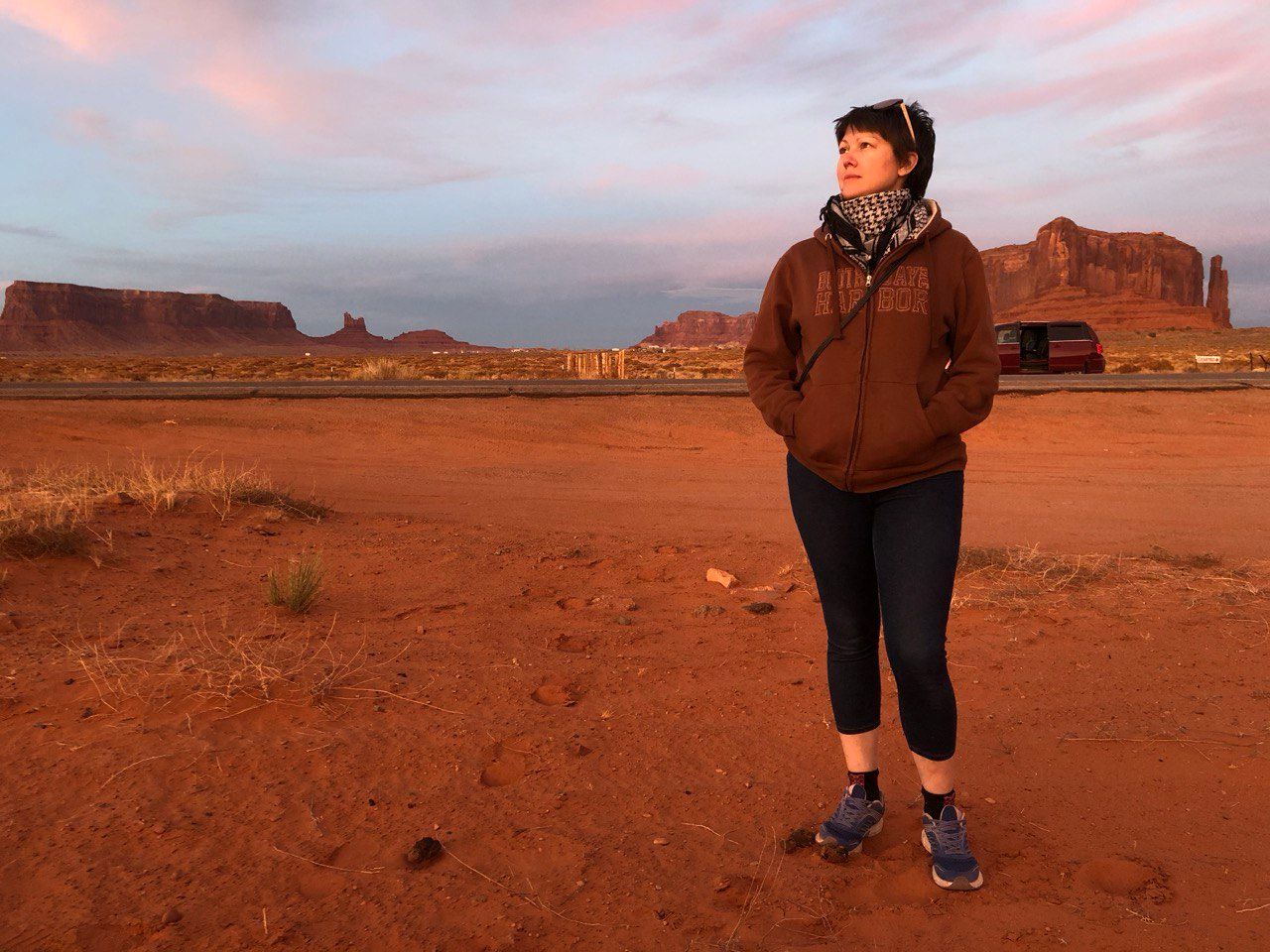
I was studying in the university and my daily route there was straight through downtown square. I thought to myself: "There needs to be a park on this square". I did not need to say another word – the sponsors practically found themselves. When I went to a local supermarket or hardware store to tell them about building a park in central square, I was offered a 50% discount on the spot, plus got whatever they had on liquidation for free, from paint to timber etc. Even the mayor came to the worksite. He was painting the walls, helping clean up. No bodyguards or anything.
I was really impressed how important the community is for Americans. You don't have to explain it to them, they know very well what it is to contribute to the development of your town. When you want to do anything for the community there you get instant feedback. It's that type of small town mentality that really helped me understand what grassroots and horizontal actually means. When you don't need to get a thousand permits and state official approvals to get something off the ground, when everybody helps each other out and actually takes part in the life of the community. <br>
* * *<br>
– Is the topic of the gap between Belarusian in exile and back home a thing you are concerned with within CreateCultureSpace? What's your opinion on this topic in general?
– I left Belarus in 2017 and have been visiting as a guest since, until 2021. But we do include this topic in almost every project we do, by having people living in Belarus either participate remotely or arranging travel so they can participate in person. I keep in touch with those who are in the country. I do not see it as "we're here and you're way over there".
Also I noticed a weird trend: back in the day all sorts of projects in Belarus – festivals, creative spaces and clusters, studios and labels, Vulica Brazil, Freaky Summer Party, educational projects – all of these were connected to the outside world. You could get a residency abroad, or invite a great foreign artist or musician or a speaker to Belarus. There was some exchange. Good cultural managers tried to put Belarus on the map.
And nowadays work in culture is just by Belarusians for Belarusians. That's pretty sad. We're all just stewing in your own little pot, without access to new knowledge from the outside. This speaker I know what he's gonna say. Been there, heard that, let's bring in someone new. Example: this summer there were five Belarusian festivals (abroad - editors' note) but neither of them had an a foreign guest artist, not even Polish. Support your own, of course. That's wonderful. But I say, where's the exchange? Where's the dialog of cultures?
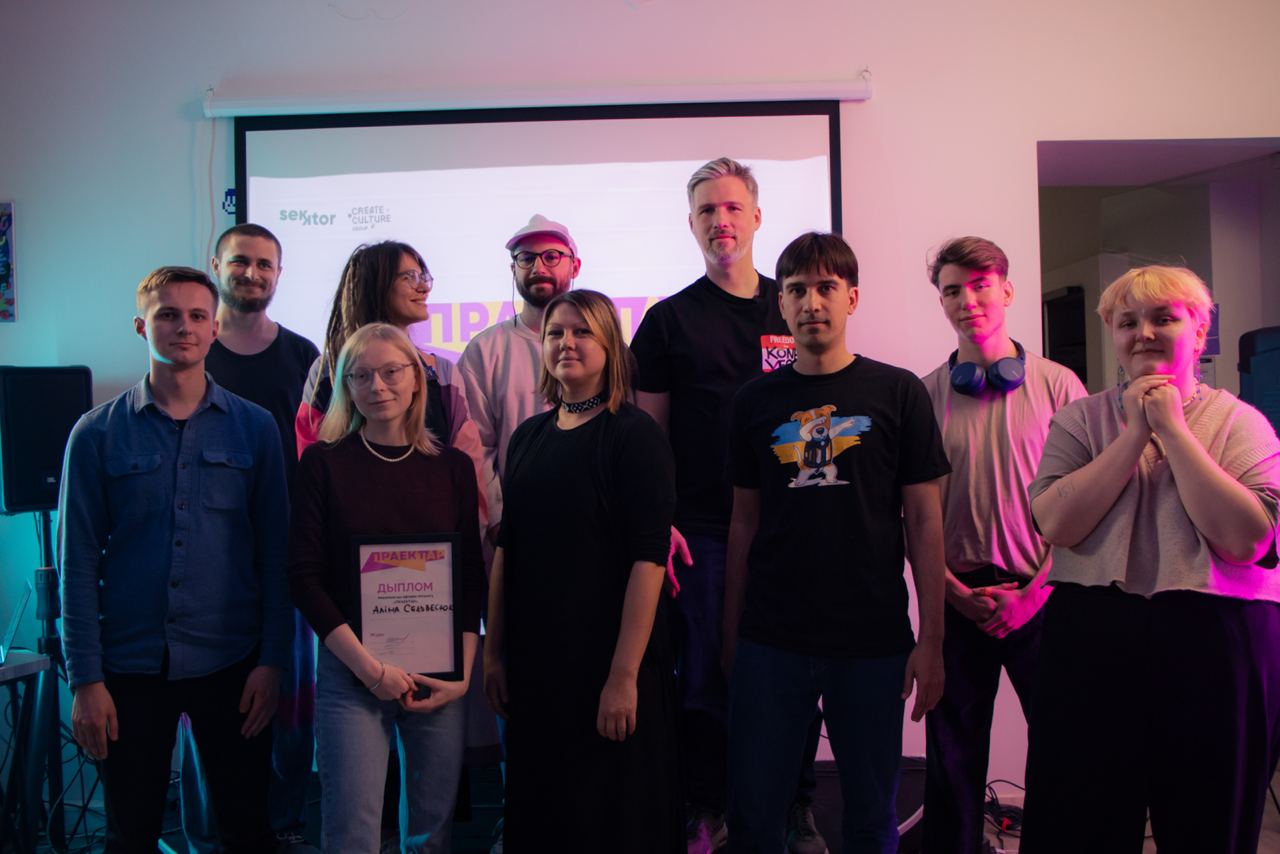
We took part in The 48 Hour Film Project in Poland and won the audience award, and our film was the only one in Belarusian. And we didn't get all of our friends planted in the audience either, just a whole bunch of Polish viewers voted for a foreign-language film. Is that to say we're good enough to compete abroad? To communicate with outside audiences?
– How do you preserve the work-life balance?
– Hardly. Every four months I urgently need a getaway. I call up a travel agency and ask about the cheapest flight out of here right now. I also got into diving. There's just one thing to focus on when you're diving – breathing and your own focus. And your life actually depends on that. Last time it took me nine dives to completely reset and realize I am good to come back and do more projects.
